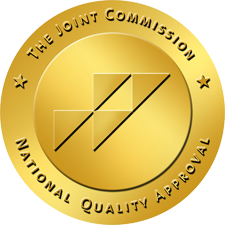What is a stroke?
Two primary factors precipitate strokes: the first, an ischemic stroke, results from a blockage in a cerebral artery, while the second, a hemorrhagic stroke, ensues from the rupture or leakage of a blood vessel in the brain. Noteworthy is the occurrence of transient ischemic attacks (TIAs) in some individuals, characterized by a temporary disruption in cerebral blood flow, yet distinguished by their transient nature, as they do not leave lasting symptoms in their wake.
Risk Factors
Numerous factors contribute to an elevated risk of stroke, with potentially modifiable risk factors falling into distinct categories:
Lifestyle-related risks:
- Excess body weight or obesity.
- Sedentary lifestyle and physical inactivity.
- Excessive or binge drinking.
- Usage of illicit drugs like cocaine and methamphetamine.
Medical-related risks:
- Elevated blood pressure.
- Smoking or exposure to secondhand smoke.
- High cholesterol levels.
- Diabetes.
- Obstructive sleep apnea.
- Cardiovascular conditions, encompassing heart failure, defects, infections, or irregular heart rhythms such as atrial fibrillation.
- Personal or familial history of stroke, heart attack, or transient ischemic attack.
- COVID-19 infection.
Other factors associated with heightened stroke risk include:
- Age — Individuals aged 55 or older face a greater risk compared to younger counterparts but they are still possible contrary to popular belief.
- Race or ethnicity — African American and Hispanic individuals are at a higher risk than those from other racial or ethnic backgrounds.
- Gender — Men generally have a higher stroke risk than women; however, women, typically at older ages, are more prone to stroke-related fatalities.
- Hormones — Use of birth control pills or hormone therapies containing estrogen can contribute to an increased risk.
Stroke Recovery
A stroke is a medical emergency that requires treatment as fast as possible to see the best results. We know just how scary it may be for someone to suffer a stroke, quick and suddenly, you are left wondering what happened and can I get back to how I was? Strokes vary in severity & area affected in the brain, thus make recovery different from person to person. The most important factor to increasing the chances of making a good recovery is rehabilitation as soon as possible. Occupational and Physical Therapy seek to cover improvement in areas affected by the stroke like motor control, speech, walking and general activities of daily life that all work to create new neuron pathways in the brain. The first 3 months in rehab are crucial to restoring function, having a supportive network of friends and family boosts motivation!



